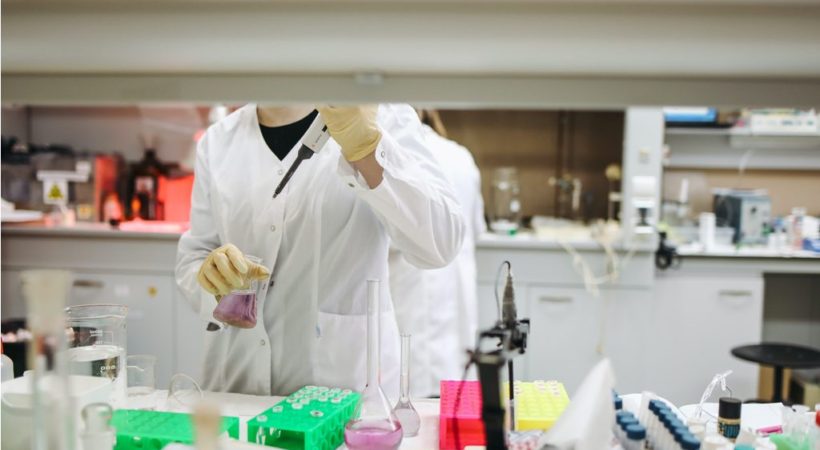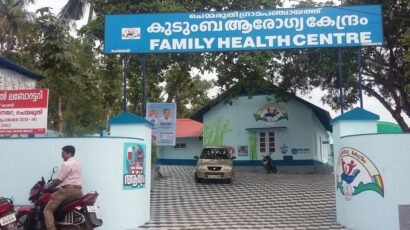FDA needs two months of safety data before considering Covid-19 vaccine

Vaccine manufacturers need to provide at least 2 months of safety data before applying for emergency use authorization, according to new FDA guidelines released yesterday—making a COVID-19 vaccine in time for the US election day Nov. 3 extremely unlikely, CNN reports.
The process will also make it “pretty darn hard for mischief to derail this process,” said NIH Director Francis Collins yesterday at a Johns Hopkins University-University of Washington Symposium on preserving the scientific integrity of vaccine development.
Moncef Slaoui, co-chair of Operation Warp Speed says, “tapped ever so softly on the brakes,” on the timeline for a vaccine, STAT reports, noting that “approval of a vaccine that wasn’t actually available to use would be ‘a major disappointment’ to the public.”
“All of us need to bring everyone back to understanding how incredible vaccines are … think of what they have done for us! We are spoiled!” Smallpox? Polio? We have to develop that trust once again,” said Peter Marks, director of the FDA’s Center for Biologics Evaluation and Research on vaccine confidence.
On allocation, Bill Moss, executive director of the International Vaccine Access Center at the Johns Hopkins Bloomberg School of Public Health said “There is going to be a limited vaccine supply early on. So it’s going to be very challenging to distribute it in an equitable manner … there needs to be a broader view. We need a more equitable global allocation,”
However, Larry Corey, a University of Washington professor, stressed the importance of enrolling Black, Latino, indigenous and tribal communities in clinical trials to evaluate vaccines in the settings of the people at the greatest risk, the Baltimore Sun reports.
In closing remarks, Ellen MacKenzie, Dean of the Johns Hopkins Bloomberg School of Public Health, emphasized that the process to find a vaccine “must be free of political interference … the primacy of science must be vigorously defended and upheld by us all,” she said.
Courtesy: Johns Hopkins Bloomberg School of Public Health















